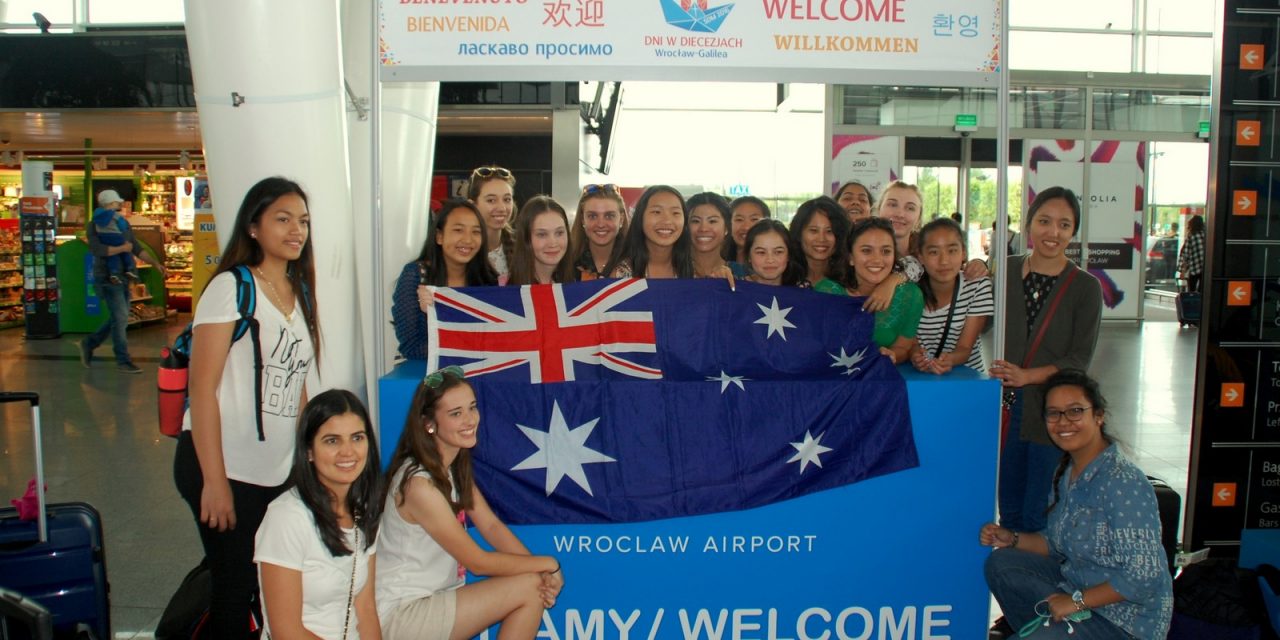The journey lasted for 32 hours. Was it worth it? Read an interview with two Australians and get to know what they think of Wrocław and how they cope with the Polish language.
Most of the pilgrims won’t arrive in Wrocław until today to celebrate the Days in Dioceses. However, a few groups have stayed at our place since Monday. Yesterday evening a group of thirty four happy and energetic Australians arrived. What’s interesting, the group consisted only of girls. They are lodged in the Convent of School Sisters of Notre Dame. I have managed to talk to Mirabel and Isabel about their journey and their first impressions on the city.
Alicja Chaszczewicz: Thousands of kilometers separate our countries. How did you manage to arrange such a long journey?
Marybel Esramilla: We are very delighted that we have arrived to Poland. We come from two cities – Sydney and Newcastle. We can take part in the World Youth Days thanks to Mirka Szarycz, our coordinator, who took on the responsibility for organizing the journey.
Isabel Patino: Mirka lives in Australia but her parents come from Poland. That’s why she has been here many times and knows Polish. It is her who has gathered the whole group and “took” to Wrocław.
A.Ch.: How long was your journey to Poland? What are your first impressions on Wrocław?
M.E.: Our journey to Poland consisted of two parts. We spent on it 32 hours altogether. First we arrived in Rome, which we managed to visit. I am extremely happy because it has been my first visit to Europe.
I.P.: We spent in Rome some time so we saw all the important historic buildings. What is more, we could taste the traditional Italian dishes. And now we are in Wrocław, which I find very beautiful and exciting. I think I fell in love with it right away!
A.Ch.: What are some distinctive traits of character of Polish people? Do you know any Polish words or expressions?
I.P.: I have heard that Polish people are very polite and understanding. I also think they pay attention to their culture and history, which is probably a result of their experiences connected to the First and Second World War.
M.E.: I don’t know Polish. It seems difficult and complicated. I have got to know only a few words and expressions, for example “What’s your name?” and “I am from Australia”. But I think I will learn more phrases soon.
A.Ch. Thank you very much for the conversation. I wish you a stay full of beautiful experiences.
I.P., M.E.: Thank you!
Teresa Grabiec

